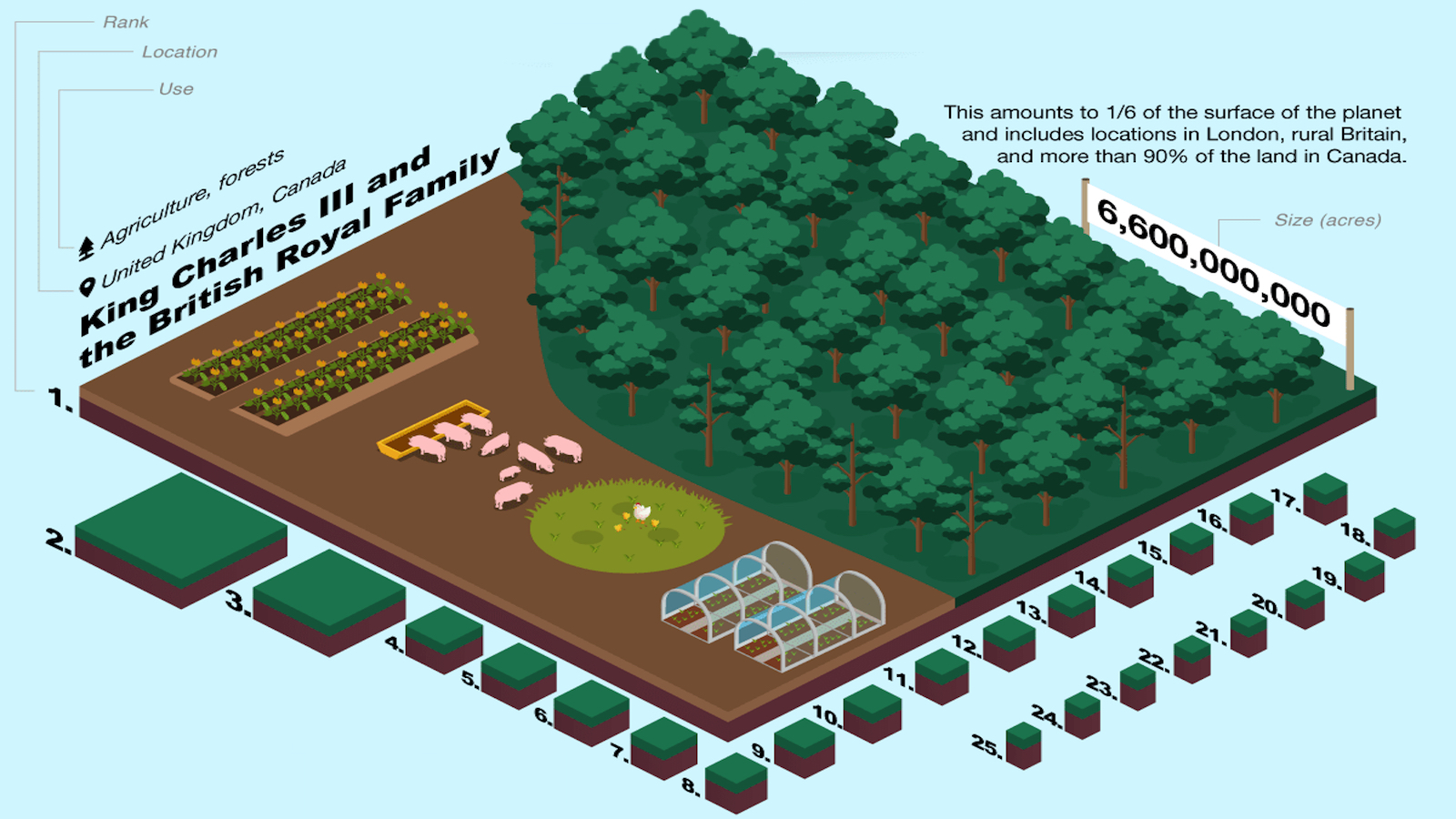122 – The Fro Gymraeg, A Reservation For Welsh
n
English is the dominant language in the British Isles, also in their Celtic fringe – Ireland, Scotland, Wales. In Scotland but mainly in Ireland, some territorial measures have been taken to protect the indigenous language, especially in the areas where it remains strongest.
n
Those areas in Ireland are called the Gaeltacht, a collection of non-contiguous rural and mainly western ‘islands’ where Irish Gaelic is the official first language. In Scotland, an almost similar term, Gàidhealtachd, is used to describe the area in the northern Highlands where Celtic culture is strongest – Scottish Gaelic even there being almost extinct.
n
In Wales, which for centuries formed one legal entity with England (but since a few years elects its own Welsh assembly, which has limited powers), no such ‘language reservation’ has been designated yet. An advocacy group called Cymuned (Welsh for ‘community’) campaigns for setting up an area similar to the Irish Gaeltacht. As with the Celtic languages in Ireland and Scotland, Welsh is under constant assault from English, not just culturally, but also in an economic/demographic way: many English move into Wales, lured by the lower cost of housing.
n
Cymuned claims an area, to be called Fro Gymraeg and with special provisions for the survival and promotion of the Welsh language (Cymraeg), is necessary, because only 17 Welsh-speaking communities (i.e. with over 80% of Welsh-speakers) remain in Wales.
n
The Fro Gymraeg is to be made up of those areas where at least 50% of the natives speak Welsh. Those areas are marked red on this map. Unfortunately, no explanation is given for the difference between dark red and light red, although it is reasonable to assume the darker areas count a higher proportion of Welsh-speakers.
n
In the darker green areas, over 20% of Welsh-born people speak Welsh, and “support should be made available for them to work towards becoming part of the Fro if that is what they desire,” this website states. Inside the Fro Gymraeg, Cymuned would like to implement, among others, these measures:
n
• An elected Statutory Council to represent the Fro
n• Planning permission in the Fro Gymraeg for local people only
n• Cymraeg to be the internal language of local government in the Fro Gymraeg
n• That individuals who provide statutory public services in the Fro Gymraeg should speak Cymraeg
n• Welsh history and language citizenship lessons should be available for incomers to the Fro Gymraeg
n• Cymraeg should be the medium of education for all students between 3 and 16 in the Fro
n• To aim at extending the Fro Gymraeg through helping electoral wards outside the Fro to vote to become a part of the Fro
n
The map was taken here, the main site for Cymuned (“Do you want to live in Wales or in West England?”) is here.
n






